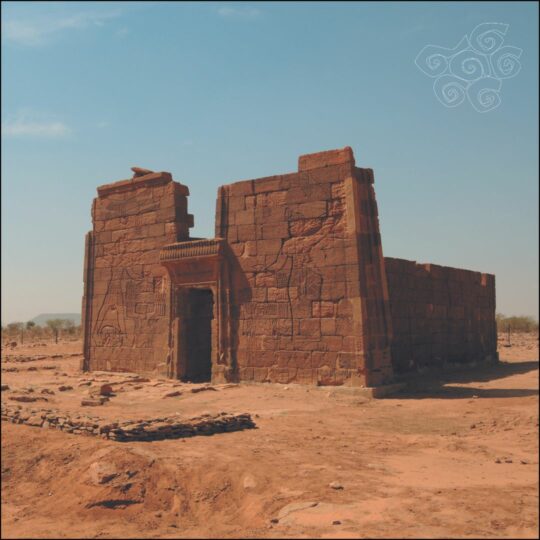05.09.2024
Update on the situation in Sudan
 © Naga-Projekt
© Naga-ProjektSudan remains in a state of civil war. Since April of 2023, the Sudanese army under the command of Abdel Fattah al-Burhan and the paramilitary Rapid Support Forces (RSF) under Mohamed Hamdan Dagalo have been fighting for supremacy. The conflict, which came to head around the transition to a civilian government, has escalated into what the UN is calling the largest displacement crisis worldwide: at least 15,000 dead,12 million refugees; 26 million – more than half – of the population in desperate need of humanitarian help, including 18 million threatened with starvation. Human Rights Watch has also raised allegations against both sides of widespread sexual violence; reporting rape and beatings; additional counts of human rights violations include reports of the recruitment of child soldiers and the targeted killing of civilians.
Sudanese society is in shambles, the infrastructure in the land has already collapsed: basic necessities are unavailable and both sides are blocking relief shipments from access into rival territories. Health care and hospitals are strained or inexistent. International efforts towards a cease-fire and humanitarian aid are being blocked by external parties that continue to supply weapons and materials to both sides of the conflict. The United Nations and other international organisations warn of possible famines and have made urgent appeals for an end to the conflict and allow the passage of humanitarian aid.
August of 2024 brought a ray of hope when the USA and other countries invited the opposing parties to peace talks in Switzerland. Unfortunately, the talks were inconclusive. The situation in the Sudan shows no signs of improving in the immediate future. The international community now stands before the challenge of somehow preventing an impending humanitarian catastrophe: at the end of August, heavy storms ruptured the dam in Port Sudan, leading to more deaths and causing 100,000 to lose their homes. Additionally, stagnant water in the area is now a breeding ground for cholera and other sicknesses.
Beyond this humanitarian catastrophe, there is also reason to fear for the country’s cultural heritage. As of the time of writing, we have no up-to-date, reliable information about the situation the State Museum of Egyptian Art’s excavation site in Naga. However, there have been recent reports in the media about the plundering of the National Museum in Khartoum by RSF troupes. According to these reports, the stolen antiquities from the National Museum were smuggled over the border into South Sudan.
We continue to hope for peace and keep our colleagues, partners and friends – along with the rest of the civilian population of Sudan – in our thoughts. While the Egyptian Museum is not allowed to coordinate humanitarian aid for the Sudan, there are a number of humanitarian organisations, such as “Bündnis Entwicklung Hilft” and “Aktion Deutschland Hilft”, which will put your donations to good use: https://www.spendenkonto-nothilfe.de/
